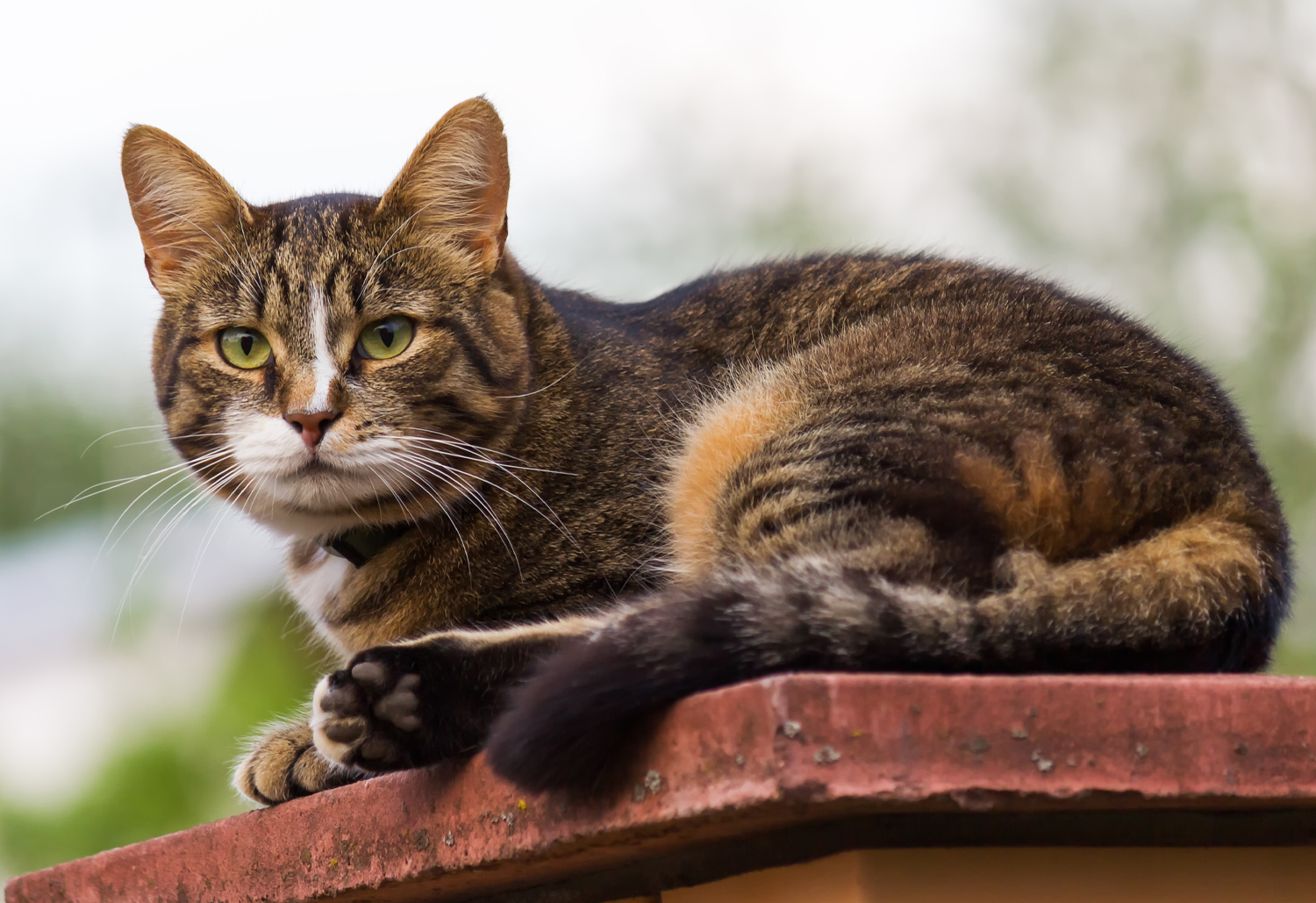|

Cuterebra in cats
We often see sneezing, congested and sick cats this time of year (summer). If they have access to the outdoors and their vaccinations are current, one of the most likely causes is Cuterebra.
What is that?
A Cuterebra is a maggot-like parasite with short bristly spines. A Cuterebra fly is a large, fat bot fly found throughout North America. There are 34 species of Cuterebra in North America. The fly itself does not bite, however, its larvae need live hosts to develop. The female fly lays her eggs near rodent (e.g. chipmunk) and rabbit burrows. The eggs attach to an animal’s coat upon contact with the burrow. The eggs then hatch and travel to any opening on the body. This can include the mouth, nose or an open wound on an animal. Once inside, the larvae travel through the body to specific locations on the head, neck or body. While rodents are the preferred host of the Cuterebra larvae, cats can be accidentally infested.
What can you do to prevent Cuterebra in your pet. The best thing is to keep it indoors (the birds will thank you) or only allow outdoor access from a pen. Plan B is to treat with a flea and tick preventative such as Revolution. Although this is off-label use and efficacy against Cuterebra in untested, it makes sense that a medication that kills fleas and ticks will likely also kill other external parasites. And, if your cat goes outside, it should be on a preventative anyway!
For more information, check out this great article:
Cuterebra in Cats
|